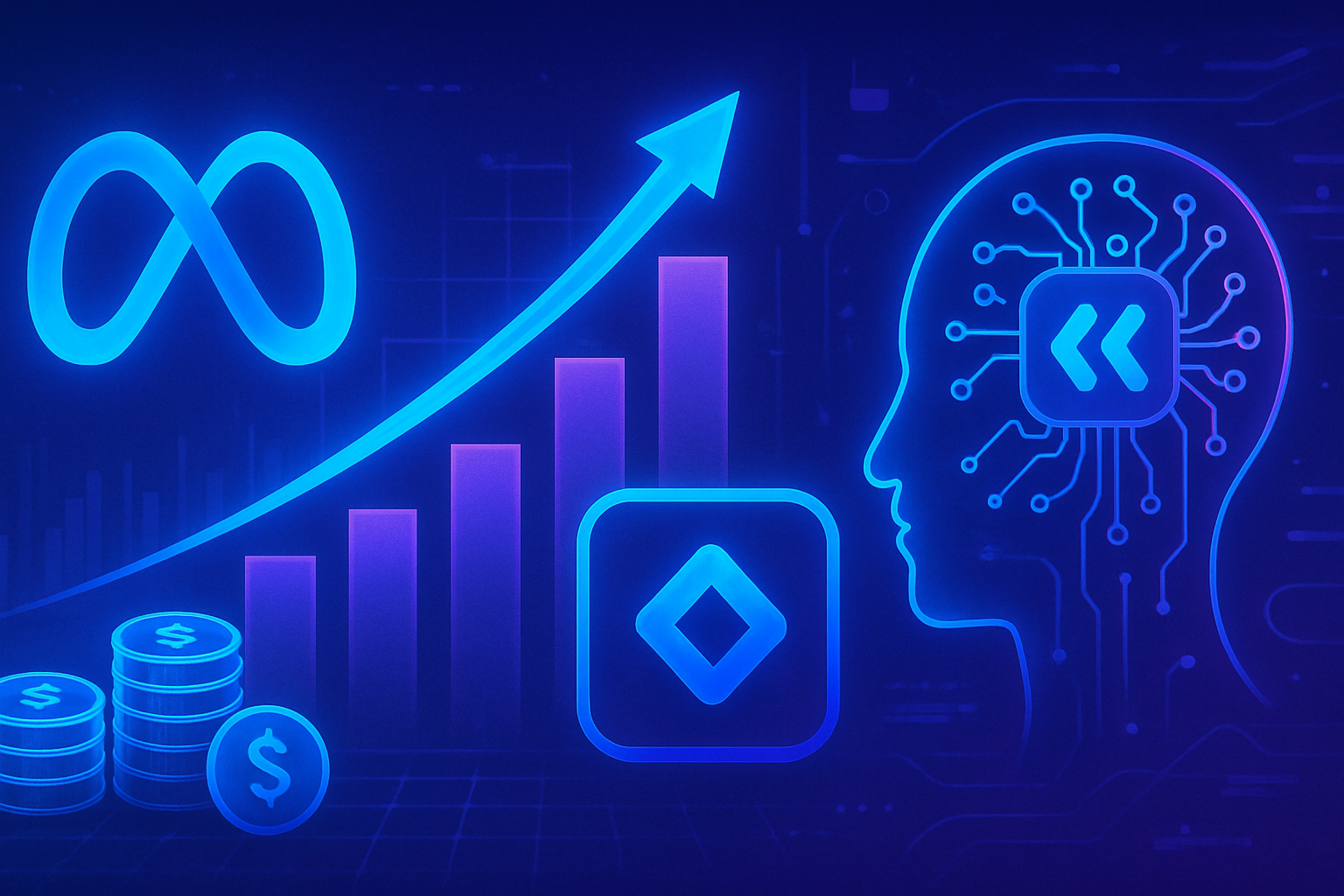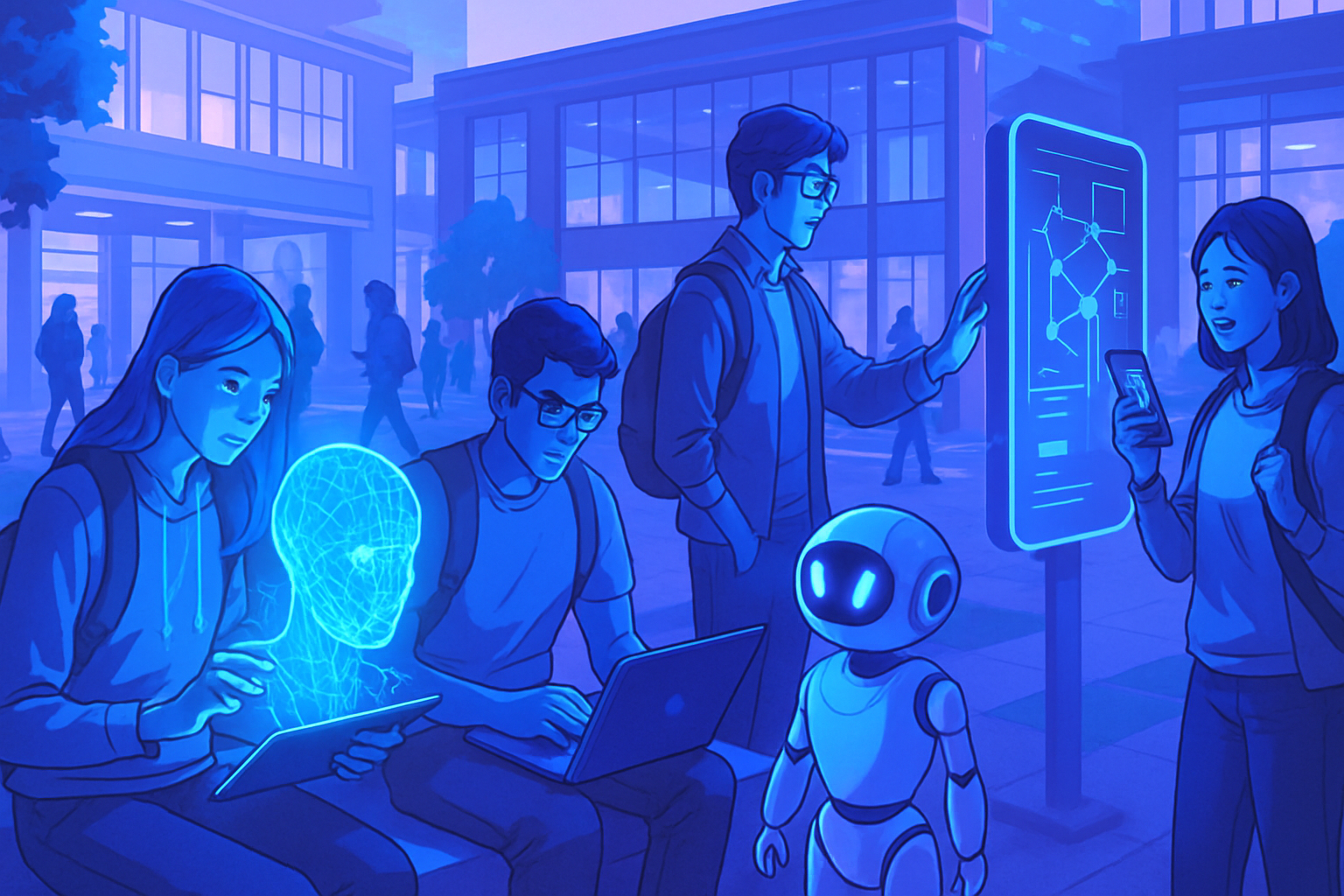Teaching AI models their gaps represents a fundamental challenge. Deepening *understanding* and *transparency* in the decision-making of artificial intelligence systems becomes essential. Errors can prove disastrous when deployed in critical contexts.
AI systems, by nature, generate responses that seem plausible. However, their inability to recognize their *uncertainties* exposes concerning gaps. A methodology capable of detecting flaws and correcting results is essential to ensure their reliability.
The search for a robust and reliable model requires vigilant monitoring of *systemic errors*. Innovative platforms are emerging, offering solutions to assess and rectify model outputs before serious problems arise.
AI Systems and Uncertainty Management
Artificial intelligence systems such as ChatGPT provide seemingly plausible answers to any question. However, these systems often lack transparency regarding their gaps in knowledge. This situation poses major risks as AI is integrated into sensitive areas such as drug development, information synthesis, and autonomous driving.
Themis AI: An Innovative Response to Uncertainty
Themis AI, a spin-off from MIT, offers an innovative solution to assess and correct the uncertainties of AI models before they cause more serious problems. Its software, Capsa, integrates with any machine learning model to identify and correct dubious results in seconds.
How Capsa Works
The process involves wrapping an existing model with Capsa, allowing for the identification of uncertainties. This mechanism modifies AI models to detect bias or ambiguity in their data analyses. Daniela Rus, co-founder of Themis AI and director of the CSAIL lab at MIT, emphasizes that this work aims to ensure the proper functioning of models.
Practical Applications in Various Sectors
Themis AI has collaborated with several companies in various sectors, including telecommunications and energy. These companies have benefited from Themis’s expertise in network automation and planning.
Improving Chatbots
The company has also contributed to developing reliable and trustworthy chatbots. Amini, co-founder of Themis AI, states that the mission aims to enable AI to enter high-stakes applications, thereby reducing errors that could lead to disastrous consequences.
Identifying Gaps in AI Models
Rus’s lab has conducted extensive research on uncertainty in models. The studies from 2018, funded by Toyota, aimed to improve the reliability of autonomous driving systems. Rus mentions the importance of understanding this reliability in critical contexts like road safety.
Fight Against Bias
In a different context, Rus and her team developed an algorithm capable of detecting racial and gender bias in facial recognition systems. This device has demonstrated the ability to rebalance training data to eliminate bias. This work highlights the importance of a fair and representative AI.
Pharmaceutical Applications
Themis AI is currently collaborating with pharmaceutical companies, using Capsa to improve AI models aimed at predicting the properties of drug candidates. Complex predictions often require in-depth interpretation, a challenging task for experts.
Accelerating Drug Discovery
The tools developed allow for accurate insights into the reliability of predictions, thus facilitating the identification of the most promising candidates. Amini emphasizes that this mechanism can significantly reduce the time and resources needed for pharmaceutical research.
Future of AI and Language Models
Themis AI is also exploring applications of Capsa in chain-of-thought reasoning. This method involves explaining the steps leading to an answer, thereby reinforcing confidence in the conclusions of AI models.
Technology and Ethics Serving AI
Every innovation from Themis AI aims to address the growing ethical concerns related to artificial intelligence. The company strives to build technical solutions that enhance trust between technologies and human users.
Industry Evolution Perspectives
Themis AI envisions a future where embedded devices could perform complex tasks while relying on centralized monitoring for uncertain results. This could revolutionize how technological applications interact with the end user.
The progress made by Themis AI is therefore essential for a successful integration of AI into society, combining efficiency and safety.
Frequently Asked Questions about Teaching AI Models Their Gaps
What are the main challenges in teaching AI models their gaps?
The main challenges include detecting biases in data, understanding uncertainties in results, and interpreting forecasts. AI models can sometimes provide responses that seem plausible, even when they are uncertain.
How can AI models identify their own gaps?
AI models can identify their gaps by integrating algorithms that detect inconsistencies and ambiguities in their data. For example, tools like Capsa allow models to signal their own levels of confidence and uncertainty.
What methods are used to correct unreliable outputs from AI models?
Methods include adjusting training data to balance biases, reevaluating algorithms, and implementing techniques to make models more transparent and interpretable.
Why is it crucial to improve the reliability of AI models in critical applications?
It is crucial to improve the reliability of AI models in critical applications because errors in these systems can lead to disastrous consequences, particularly in healthcare, safety, and automotive fields.
How can companies benefit from teaching AI models their gaps?
Companies can benefit by improving the accuracy of their predictions, reducing errors, and increasing trust in AI-based decisions, helping them optimize their processes and avoid potentially high costs linked to errors.
Which industries are most affected by AI model errors and how can they protect themselves?
Industries such as healthcare, automotive, and finance are most affected by AI model errors. They can protect themselves by integrating systems that allow for verification of results and identification of gaps, thus enhancing confidence in AI-based decisions.
How does Capsa improve the transparency of AI models?
Capsa improves transparency by allowing AI models to signal their levels of confidence and uncertainty for each output, thus facilitating a deeper understanding of the limitations and potential biases of the results.
What are the social benefits of improving AI models by recognizing their uncertainties?
Benefits include a more responsible use of AI, reducing biases in automated systems, and increasing public trust in technological decisions, which can positively impact society.






